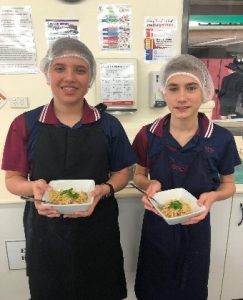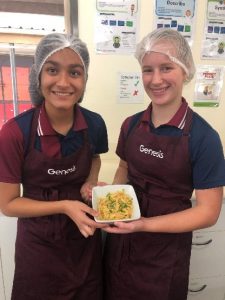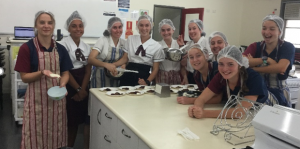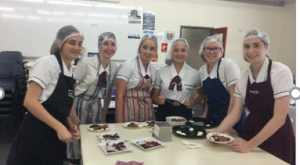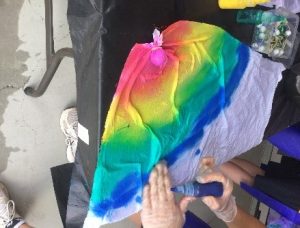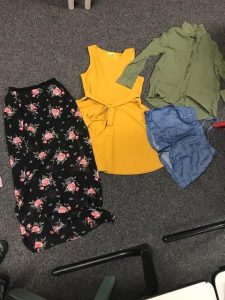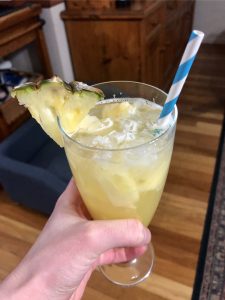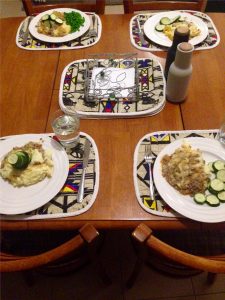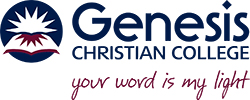Food, Textiles & Hospitality Technologies
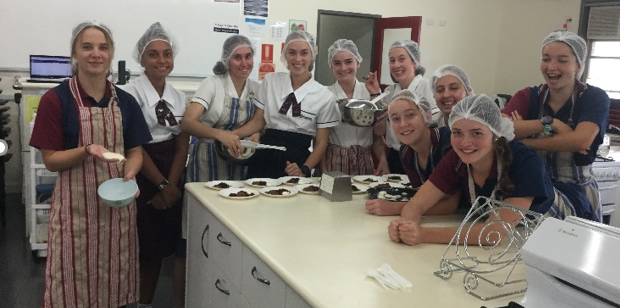
From our Kitchen to Yours
Our Food, Textiles and Hospitality students have been busy during Genesis@Home and this continued from Week 5, when they returned to the College. Here is just a snippet of what we have been doing this term. Please have a look at our photo gallery below, showcasing some of the wonderful work from our students.
- Year 7 students have been exploring healthy snack alternatives or have completed a tie-dying unit where they constructed pillowcases, dying them in a diverse range of patterns and colours. The final results were amazing!
- Year 8 students have been learning about cultural diversity and cuisines where students designed and produced three family meals from other cultures.
- Year 10 students performed experiments, exploring the functional properties of proteins. This included the effect of enzymes on a gel, such as comparing fresh and tinned pineapple and the acid denaturing of protein (tofu) The many functions of eggs were explored during our Genesis@Home time, with students seeing the amazing properties of eggs. Students made poached eggs (coagulation), rissoles (binding), cupcakes (emulsification), meringues (aeration), custard or pasta sauce (thickening), and filled pastry (glazing and sealing).
- Hospitality students have been progressing through their units of competency toward their qualification and Genesis@Home provided them with the opportunity to focus on the theoretical demands required. Upon returning, the students have enjoyed balancing this out with plenty of practical work in the Hospitality kitchen. They have been preparing dishes for purchase; including classics like Caesar Salad, Thai Beef Salad, Coleslaws and Potato Salads with very positive feedback.
- Fashion students have embraced sustainability in both Year 10 and Year 11 classes. With research and investigations completed during Genesis@Home, returning to school allowed us to tackle hands on projects. WATCH THIS SPACE for the end products as they transfer garments into something trendy and do their part in reducing the number of textiles that end up in landfill.
- Year 11 students visited a robotic dairy in the Scenic Rim, in preparation for their IA2 project. They learnt about the processes involved in milk production and are researching how to develop a line extension for the company, such as ice-cream, yoghurt and cheese, keeping in mind the functional properties of proteins.
- Year 12 students have been exploring the functional properties of Carbohydrates and Fats. They experimented on powderisation of chocolate, spherification of berry juice and reverse spherification of yoghurt – all edible!
Blessings,
Leanne Paulsen
Innovation & Learning Leader: Food, Textiles & Hospitality 7 – 12





